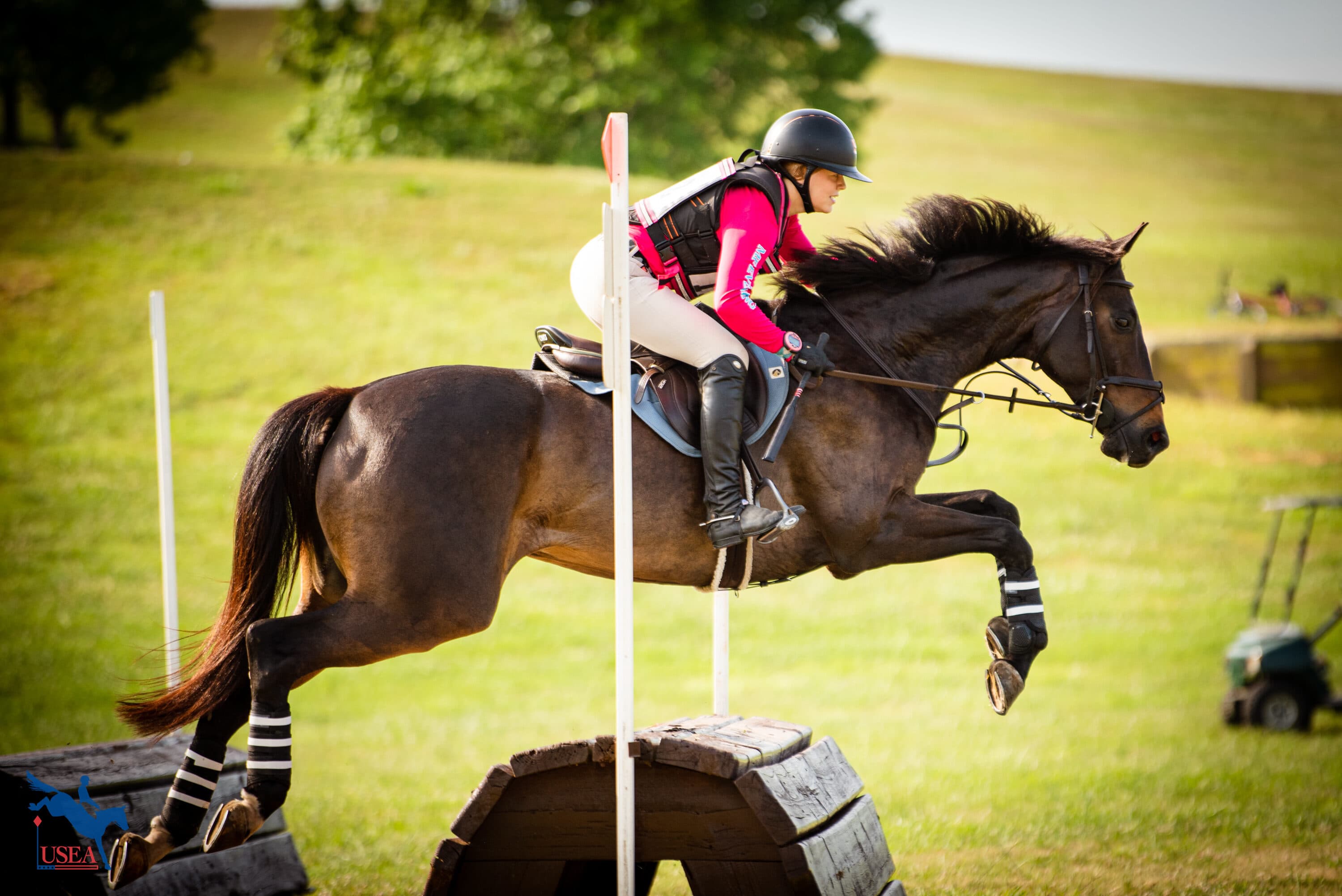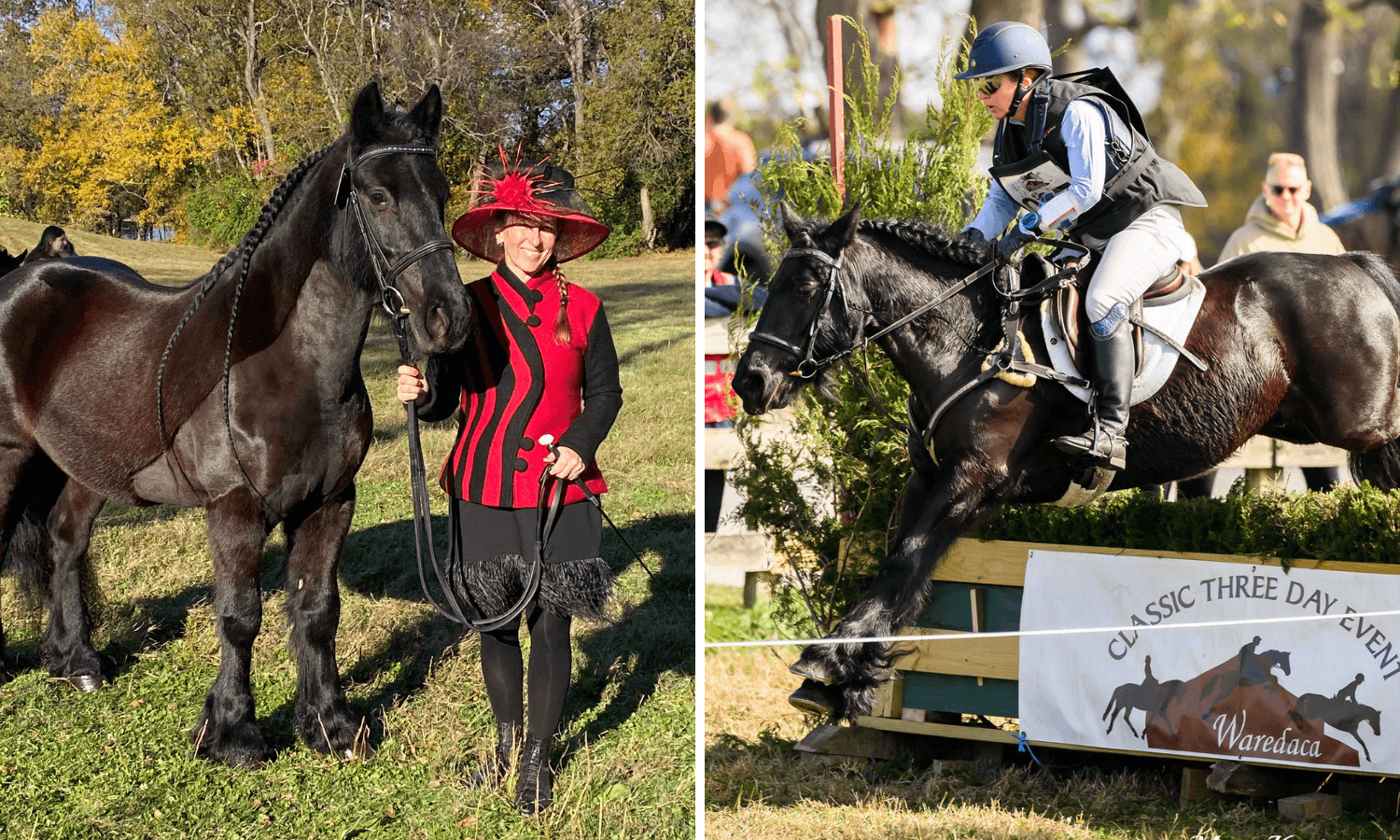Pressure Proof with Daniel Stewart: Plan Your Ride & Ride Your Plan

This month we’ll begin a summer-long series covering four mental-preparation plans to help strengthen your self-confidence while weakening the grip that jitters and fears have on you. The purpose of these plans is to give your brain something it so very badly needs: the perception of control. You see, when your brain feels in control it allows you to control your emotions, but when that perception is taken away, your brain senses threat and stress… which weakens your confidence and strengthens your jitters and fears! This is when your emotions start taking control of you. In the end, you really only have two choices when it comes to riding, (1) control your emotions, or (2) let your emotions control you… and that’s exactly what we’ll be spending the summer talking about.
Even though the four plans function differently, they’re all designed to help your brain experience the same sense of control, which they do by creating a series of predictable and repeatable pre-performance routines and/or pre-ride rituals that reduce the number of things that can go wrong, while also helping you prepare for those things that do. Remember, you can’t always predict when bad things will happen, but you can prepare… and your brain loves that (prepare = control)!
Before I introduce the first plan, let's talk about two common ingredients shared by all four:
- Pre-Performance Routines: Pre-defined actions you’ll take five days to five minutes before an important ride.
- Pre-Ride Rituals: Pre-defined actions you’ll take five minutes to five seconds before an important ride.
Riders never plan to fail, but they do sometimes fail to plan and that’s where our first plan comes in. I like to call this the Plan Plan because it’s the plan that happens when everything goes according to plan! This is how you prepare mentally for an event where everything goes right and nothing goes wrong- no last-minute rain delays, pulled shoes, or loading refusals. As you’ve probably already guessed, this is a great plan but one that doesn’t always happen (that’s why there are three others!).
Here’s an example of a Plan Plan:
- Five days before: Begin a healthy eating plan and work on two skills your horse struggles with.
- Four days before: Begin a light fitness (or yoga) program and continue working on your horse’s skills.
- Three days before: Start getting to bed early and hydrating so you're at your peak for the event.
- Two days before: Decrease the intensity of your horse’s work and pack your tack trunk.
- One day before: Give your horse a rest day while building a playlist of motivational music.
- Night before: Watch a light-hearted movie to keep your spirits up.
- Morning of: Wake up slowly with a few minutes of relaxing yoga and/or meditation.
- Hauling in: Listen to your motivational playlist while recalling positive rides from your past.
- Upon Arrival: Put yourself in a great mood by showing gratitude to at least three volunteers.
- Mounting: Give yourself a shot of confidence by sitting in a power posture (think Superman).
- Entering warm-up: Rid yourself of worry by complimenting a few of your competitors.
- Exiting warm-up: Stand quietly for a few minutes while visualizing your ride (riding confidently).
- At the in-Gate: Repeat a positive affirmation or mojo-mantra like, “I can do it, nothing to it."
- Entering the arena: Take a deep breath, smile, pat your horse and say, “We got this."
While I agree this all seems intensely OCD, if you repeat this plan in the same way before every important ride you’ll begin to create a sort of predictable path to those events, which will ultimately satisfy your brain’s need for the perception of control- and let’s be honest, equestrians can be big control freaks. We’d even control the weather if we could - but we can’t! The only thing you can control is yourself, so the best Plan Plans only focus on things like your health (rested, fit, hydrated?), your horse’s training (peaking at the correct time?), and your mind (excited, motivated, confident?).
I hope you enjoyed this month’s tip and are looking forward to the next three - somewhat more unusual plans. Until then, I’m teaching my first post-Covid instructor certification course next November in Naples, FL. If you’d like to join my coaching team and begin teaching Pressure Proof lessons, seminars, and/or clinics just email me at [email protected] and I’ll send you more info!















